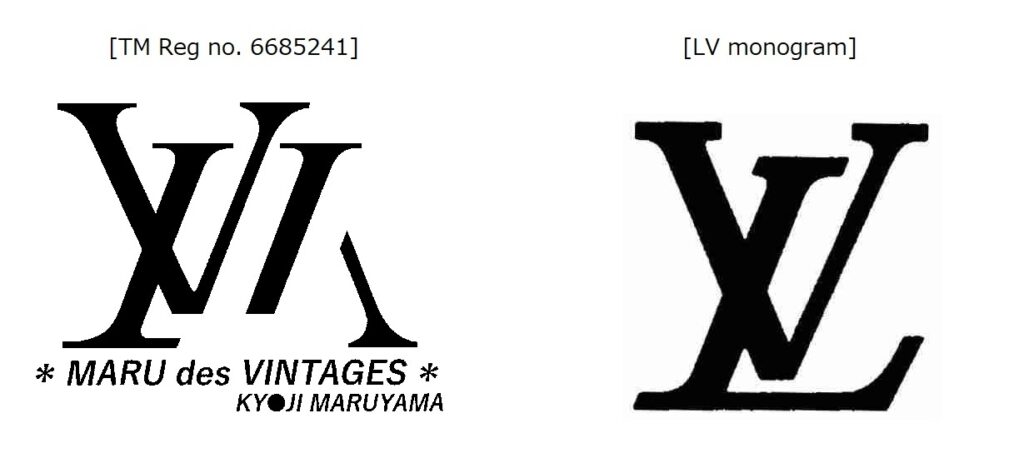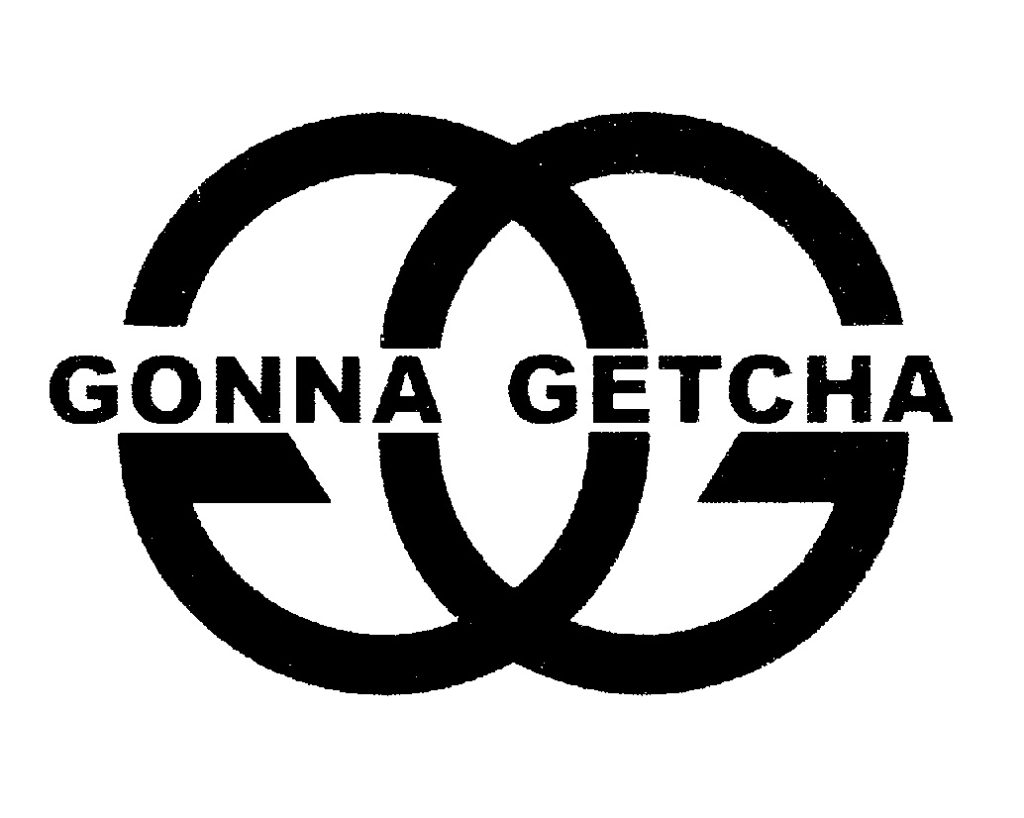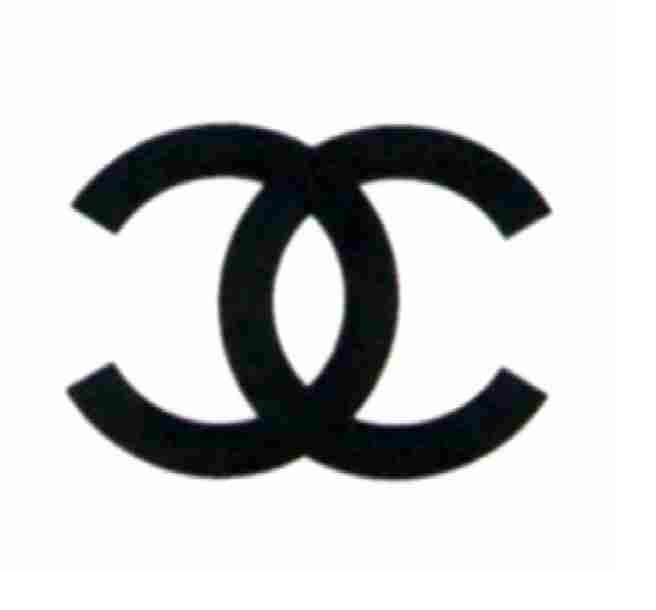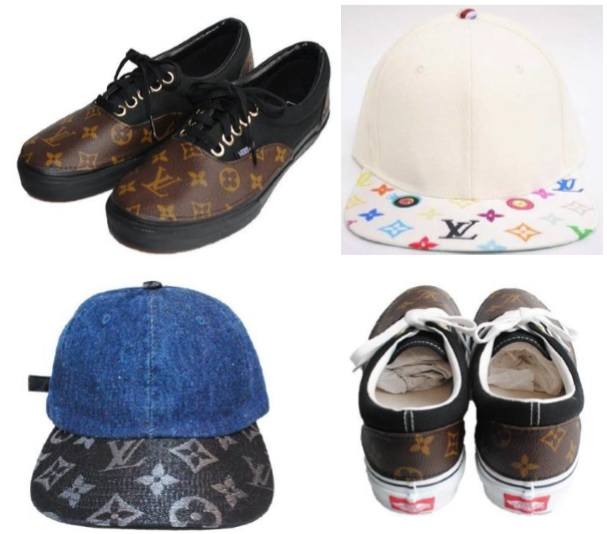The Japan Patent Office (JPO) did not support Yves Saint Laurent in their trademark opposition against TM Reg no. 6666672 for the “USL” monogram in class 25. The JPO found no similarity or unlikelihood of confusion with the famous “YSL” monogram.
[Opposition case no. 2023-900076, decided on January 18, 2024]
Opposed mark
Marusho hotta Co., Ltd. filed a trademark application for mark consisting of the “USL” monogram and a circle device (see below) in relation to outer clothing of class 25 with the JPO on August 18, 2022.
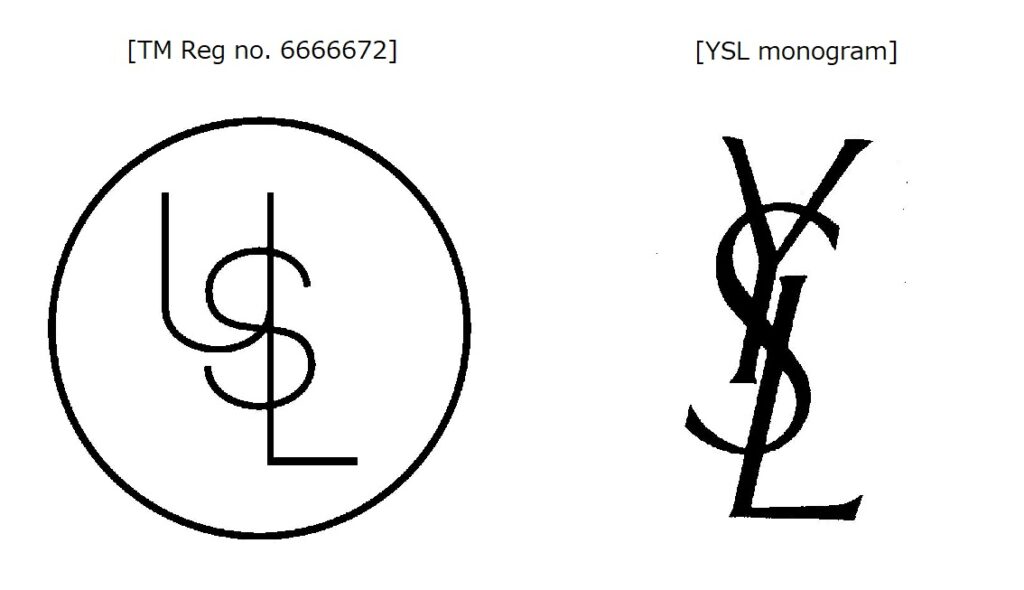
The applicant uses the mark on knitted wear, pants and caps as a logo of “UN-USELESS” brand.
The JPO examiner, without raising any objections, granted protection of the mark on January 25, 2023. Subsequently, the mark was published for post-grant opposition on February 6, 2023.
Opposition by Yves Saint Laurent
The renowned French luxury fashion house Yves Saint Laurent has filed a trademark opposition with the JPO on April 6, 2023 and claimed cancellation of the opposed mark in contravention of Article 4(1)(xi) and (xv) of the Japan Trademark Law by citing their earlier trademark registrations for the famous “YSL” monogram.
Yves Saint Laurent argued the monogram of opposed mark can be recognized a combination of three letters, “Y”, “S” and “L”. If so, the opposed mark has the same sound and spelling with the famous “YSL” monogram. Because of their close resemblance, consumers are likely to confuse a source of the goods bearing the opposed mark with Yves Saint Laurent.
JPO decision
The JPO Opposition Board had a view that relevant consumers with ordinary care would not conceive a combination of three letters, “Y”, “S” and “L” at the sight of the monogram of the opposed mark, but “U”, “S” and “L”.
Based on the finding, the Board held both marks are visually dissimilar by means of clear difference in the initial letter, font design and overall configuration. Aurally, there is a distinction between the ‘u’ and ‘y’ sounds at the beginning, and this contrast significantly affects the overall impression by taking account of a relatively short six-syllable structure. As both marks are meaningless, the concepts are incomparable.
If so, the Board has no reason to believe the opposed mark is similar to the YLS monogram and thus likely to cause confusion with Yves Saint Laurent even when used on the goods in question.
In conclusion, the Opposition Board determined that the opposed mark is not subject to Article 4(1)(xi) and (xv) and has therefore decided to dismiss the opposition entirely.

